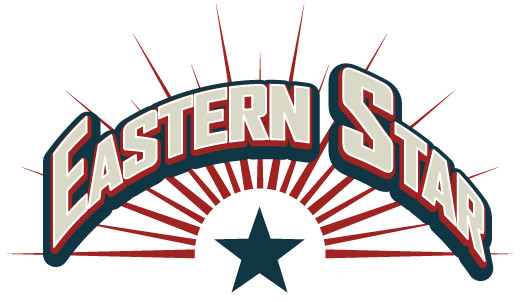
Let’s say you’ve been in business for a while and things are going well. You might think, ‘I don’t get business from Google Maps. It’s not worth the time’. You might be right about new business but ignoring Local Search engine results altogether can have some unintended consequences.

When we talk about Local Search engine optimization, we should define the term a bit. Most organizations should pay attention to Google and Bing. Many should watch Yelp. In some cases, there are other engines specific to your industry that are very important (TripAdvisor or GrubHub for example).
What many site owners don’t realize is that these engines create Local Search listing whether you want them to or not. After all, your business information is public record. The problem with that is that the search engines don’t necessarily show your business information exactly as you’d like…and they don’t update it as quickly as you’d like either.
What are the Best Practices?
You, or your Local Search company should first account for the state of your listings.
If some (or all) of them have been claimed, claim and verify them.
Make sure the information in each listing is correct. Also make sure all the relevant fields are filled out. Make sure customers know who you are and what makes your organization valuable.
Periodically check in on the Local Search landscape. Let’s say you don’t have a Bing Maps listing today. One might be created without you knowing about it.
Lastly, make sure you keep the listings up to date. A change of address, phone number or services won’t automatically update in the listing so let your users know things have changed.
If you have any questions about Local Search optimization or what you’re seeing in the Maps section of Google or Bing get in touch. We’re ready to help.

